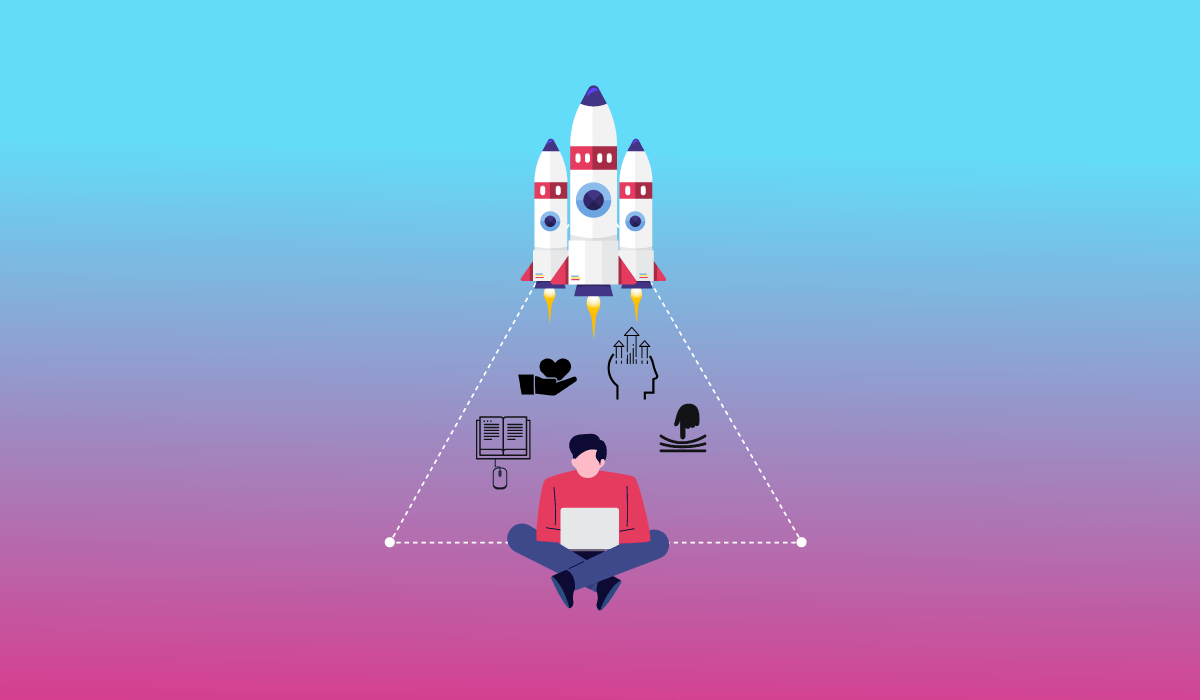
Soft power and new skills of post covid-19 will strengthen the economy of Thailand, according to renowned economists.
Speaking at the online seminar on “Empowering Thailand in the Post Covid-19 with Soft Power strategy” as part of press conference of Techsauce Virtual Summit on June 19-20, 2020, Dr. Somkiat Tangkitvanich, President of the Thailand Development and Research Institute (TDRI) said Thailand was praised for strong Covid-19 disease control efforts and had a high financial remedies as measured by GPD.
To overcome the crisis, however, the country needs to have more people with 21st century skills, which not only digital knowledge, artificial intelligence, programming, data science, creativity, or critical thinking, but also agility and flexibility, resilience, patience and growth mindset.
The world after this will be called before and after Covid-19
According to Dr. Santitarn Sathirathai, Group Chief Economist and senior management of Sea Group, the Covid-19 era comprised of three terms: short, medium and long.
A short term is the “abnormal” stage with large amount of patients and full scale lockdown. It is the stage that people must “survive”. A transition to the new abnormal is a medium term that resilience, agility and risk management are important. Thailand is moving toward the second stage following to the lockdown relief due to decreasing numbers of new coronavirus cases, but still high uncertain situation. A long term is the transition to “new normal” with fully business reopening by which the Covid-19 is expected to accelerate the digital transformation. For those who are not ready will be disrupted and digital divide will be getting bigger.
He noted that four groups of skills are required at present: First, digital literacy, ability to use digital tools, coding and data science. Second, the skills that cannot be replaced by robot such as empathy. Third, resilience and growth mindset, and forth is the leadership, crisis management and communication. All those skills mostly are found in startups.
Dr. Somkiat pointed out that several countries led by women seem to be particularly successful in fighting the pandemic such as New Zealand, Taiwan, Germany and Nordic countries.
Unlike the hard power which is the ability to coerce others, he said that “soft power”, the ability to persuade others to do what the leader wants, is needed in the fast-changing world.
Dr. Santitarn added that soft power is about the branding, it works through persuasion, preference shaping and appeal rather than the brutal force, and Thailand today is recognized as a good attempt of Covid control, the same as New Zealand, Taiwan and South Korea.
Dr. Somkiat said soft power does not focus on innovation or production technology, but the story and emotional value for brand creation of products and services which increase value to the economy.
“Kumamoto’s Kumamon, Yubari’s melon, Hokkaido milk and Ishikawa grapes, all are premium products creating value added to the country,” he said, adding that Thailand can have digital content, food, travel and agriculture, by which the products and services are good quality through a combination of hard power and soft power with branding and marketing becoming smart power.
Dr. Santitarn said branding must be able to connect the dots through the integration of “care, culinary, culture, creativity, and corridor”. A travel theme of food trip, for example, should cover creative fusion food decorations and culinary short-movie as an indirect tourism promotion and a gateway to Indochina.
Thai startups must have global mindset or regional mindset drawing foreign talents to the country, and also get Thais to have experience in abroad.
Dr. Santitarn added that working from home will become the new normal, there will be a group of those who get used to remote work. Electronic documentation, online approval and digital transformation in the business sector will be much more extensive due to higher productivity at lower cost.

